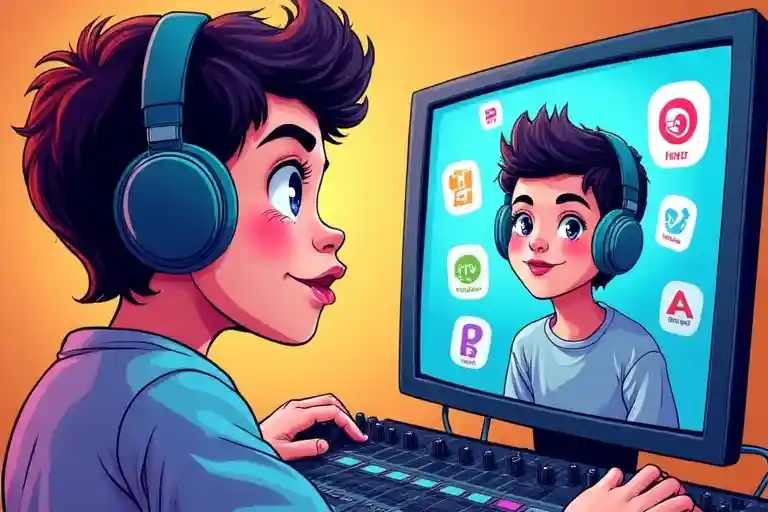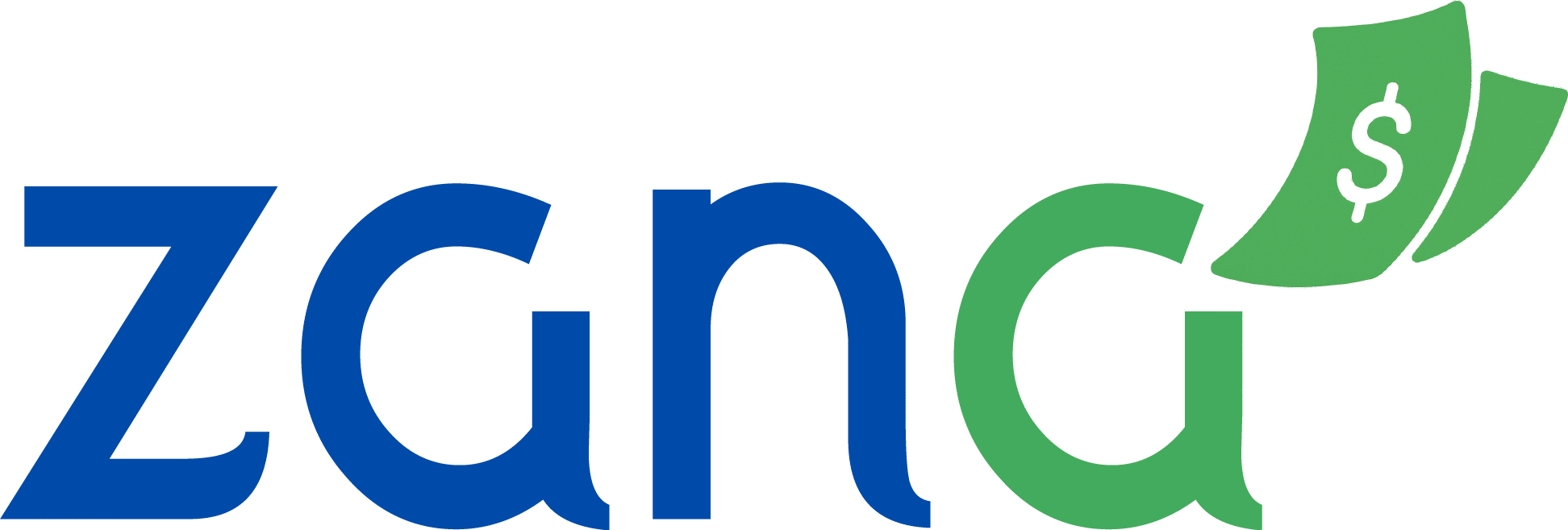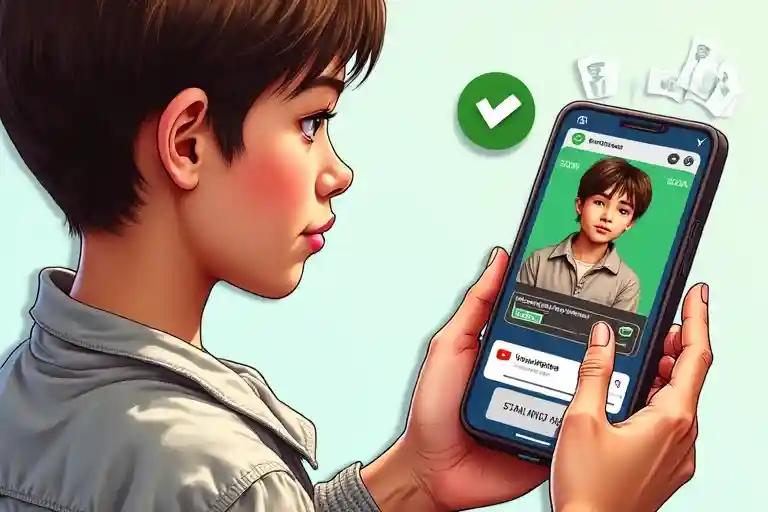So, you’ve got something to say. You and your friends have the *best* chats, you’re an expert on a niche topic (like, the entire lore of a video game), or you just want to create something awesome. Guess what happened? You just stumbled upon the idea of starting a podcast! But wait… how do you actually do that? Finding the best platforms to start a podcast can feel like scrolling through TikTok for hours—endless options, and you’re not sure where to land. Well, think about it… what if you could launch a legit, high-quality podcast for free, right from your bedroom? (can you believe it?). It’s not only possible; it’s easier than ever. We’re going to break down everything—from the best free platforms and how to actually get listeners to making some cash from your show. Forget the confusing tech jargon. This is your ultimate guide to getting your voice out there. You can even make your own business teen-style, with your own show as the foundation!
Best platforms to start a podcast for beginners
When you’re just starting, you don’t need a complicated, expensive setup. You need something that’s easy to use, won’t break the bank (or your brain), and lets you focus on what’s important: your content. For a beginner, the ideal platform is one that combines hosting, recording, and distribution in one simple package. Think of it like a starter pack for your podcasting journey. You want a user interface that’s as intuitive as posting an Instagram story, not one that looks like you’re trying to launch a rocket. The goal is to get your first episode recorded and uploaded in *minutes*, not days.
Platforms like Spotify for Podcasters (formerly Anchor) are gold for that reason. They are designed for humans who’ve never touched a microphone earlier than. You can record, edit, and host your episodes multi functional area, and it’s 100% unfastened. This is HUGE. You don’t need to fear approximately website hosting prices or complicated RSS feeds. Another notable alternative is Riverside.Fm, which is thought for its first rate audio and video recording—even in case your net connection is a bit sketchy. It’s like the usage of Zoom, but the final recording is crystal clear. It’s perfect in case you’re interviewing a friend from some other city. Starting out should be a laugh and interesting, not a technical nightmare, so choosing a beginner-friendly platform is fundamental to not giving up earlier than you even begin.
Getting Started with Spotify for Podcasters
Okay, permit’s get real for a 2d. Spotify for Podcasters might be the number one spot you must study. Why? It’s free. Like, truely free—limitless web hosting, no trials, no hidden charges. You can document audio directly into the app to your telephone or pc, add historical past tune from their library, and piece together your episode with a exceptional simple drag-and-drop editor. It’s basically TikTok for audio. Once your episode is prepared, Spotify distributes it FOR YOU to all of the main listening apps, which include, nicely, Spotify, Apple Podcasts, and Google Podcasts. You click one button, and your show is all of sudden anywhere. It’s an fantastic start line for anyone serious about giving this a shot.
Exploring Riverside.fm
If you’re thinking about having guests or co-hosts, Riverside.fm is a game-changer. You know how sometimes on a video call, someone’s audio gets all glitchy and robotic? Riverside solves that by recording everyone’s audio *locally*. That means it records the audio directly on each person’s computer, so the final quality is perfect, regardless of Wi-Fi issues. It’s a bit more advanced than Spotify’s built-in recorder but a fantastic step up. They have a free plan that gives you a taste of what’s possible, which is perfect for trying it out. If you’re serious about audio quality from day one, this is a platform you can’t ignore.

Free podcast platforms
Let’s talk money—or rather, the lack of it. You do not need to spend hundreds of dollars to start a podcast. Seriously. There are so many amazing free podcast platforms that give you everything you need. The “you get what you pay for” rule doesn’t really apply here, because the free tools available today are more powerful than what the pros had just a few years ago. These platforms make money in other ways (like offering optional paid upgrades or through advertising), so they can offer their core services for free. This is perfect for teens who might not have a credit card or a budget to burn.
The best part about these free platforms is that they don’t just store your audio files; they help you get discovered. They generate your RSS feed (which is like a special link that tells podcast apps where to find your show) and submit it to all the major directories. Think of it like this: you upload your episode once, and it automatically appears on every podcast app your friends are using. It’s a powerful way to start, and many huge podcasts today actually got their start on these exact platforms. It’s a great way to test your idea without any financial risk. You can learn how to make money online later, but first, you need to build your audience.
Acast
Acast is another fantastic free option. It offers free hosting forever, along with great analytics to see who’s listening and from where. Acast is also known for its strong monetization tools once you start getting listeners. It’s a platform that can grow with you. You might start on their free plan, but as your show gets bigger, they have tools to help you insert ads or launch a subscription for your superfans. It’s a solid choice that keeps your future options open.
Podbean
Podbean is a veteran in the podcasting space and offers a decent free plan. With their free tier, you get five hours of storage space, which is more than enough for a weekly show when you’re just starting out. They also have a user-friendly interface and tools to help you promote your show. While their free plan has limits, it’s a great way to dip your toes in the water and see if podcasting is for you before committing to a paid plan. Their focus on promotion and monetization tools makes it an attractive option for aspiring creators.
Best podcast platform for monetization
Okay, so you’ve launched your podcast, you’re getting some listeners, and now you’re thinking… could I actually make some money from this? The answer is a huge YES. Choosing the best podcast platform for monetization early on can save you a lot of headaches later. Some platforms have monetization tools built right in, making it incredibly easy to start earning. You don’t need millions of downloads; some programs let you start earning with just a handful of loyal listeners. This isn’t about getting rich overnight; it’s about maybe earning enough to buy a new mic, pay for better software, or just have some extra cash. If you’re interested in earning, check out these simple websites that make money for more ideas.
There are a few main ways to monetize: ads, subscriptions, and listener support. Ads are the most common—you’ve probably heard them at the start of your favorite shows. Subscriptions (or memberships) are where your biggest fans pay a small monthly fee for bonus content, like extra episodes or ad-free listening. Listener support is basically a virtual tip jar, where people can donate to support your show. The best platforms make these options easy to set up. Spotify for Podcasters, for example, has built-in “Listener Support” and is rolling out automated ads for smaller shows. It’s a great place to start your journey into making money with your voice.
Monetization with Buzzsprout
Buzzsprout is a fan favorite for a reason. While it’s not free (their plans start at around $12/month), it’s built for podcasters who are serious about growing and monetizing. They have an affiliate marketplace, which means you can find brands that want to sponsor shows like yours and get a commission for every sale you drive. They also have a “dynamic ad” feature, which lets you insert ads into your entire back catalog of episodes all at once. It’s powerful stuff and one of the 11 Best Blogging Platforms of 2025 also mention similar powerful features for bloggers.
Patreon Integration
Patreon isn’t a podcast host, but it’s the king of monetization through membership. Most serious podcasters have a Patreon. You can link it from any hosting platform. Here, you can offer your fans exclusive content—behind-the-scenes videos, bonus episodes, shout-outs—in exchange for a monthly pledge. It builds a real community around your podcast and provides a steady stream of income. It’s like creating your own fan club that pays you! It’s an essential tool for any creator looking to turn their hobby into something more.

Best podcast hosting platform
What even is a “hosting platform”? Imagine you’ve recorded an amazing episode. It’s an MP3 file sitting on your computer. Where do you put it so the whole world can listen? You can’t just upload it to Instagram. You need a special home for your audio files, and that’s what a podcast host does. The best podcast hosting platform gives you a place to store your episodes and a reliable way to deliver them to listeners, no matter where they are. It also gives you that all-important RSS feed. Good hosting means your episodes download quickly and never have streaming issues. It’s the invisible backbone of your entire podcasting operation.
When picking a host, you should look at a few things: storage (how many episodes you can upload), bandwidth (how many people can download your show without issues), and analytics (data on your listeners). For teens, a platform that is easy to manage is crucial. You don’t want to get lost in technical details. Platforms like Transistor.fm are known for their amazing analytics and tools for podcasters with multiple shows, while a platform like Captivate is focused on growth, giving you marketing tools right inside your dashboard. Remember, your host is your partner in this, so choose one that feels supportive and easy to navigate.
Best platforms to start a podcast reddit
If you want the real, unfiltered opinions, Reddit is the place to go. When you search for the best platforms to start a podcast reddit, you’ll find threads packed with honest reviews from actual podcasters. The consensus on communities like r/podcasting is pretty clear. For beginners on a budget, Spotify for Podcasters (Anchor) is almost always the top recommendation. People love it because it’s free and ridiculously easy. There’s no risk, and it gets your show on Spotify, which is a huge advantage.
However, you’ll also see a lot of love for hosts like Buzzsprout and Libsyn once a podcaster starts to get more serious. Redditors often advise starting free with Spotify and then, if your show gets traction, moving to a paid host for better stats, customer support, and monetization options. It’s a common path for creators who start as a hobby and evolve. The key takeaway from Reddit is this: just start. Don’t get paralyzed by choices. Pick a free platform, record your first episode, and get it out there. You can always switch later. If you are into writing you can also check out freelance writing for teens get paid opportunities.
| Platform | Best For | Starting Cost | Key Feature |
|---|---|---|---|
| Spotify for Podcasters | Absolute Beginners | $0 (Free) | All-in-one recording, hosting, and distribution. |
| Riverside.fm | High-Quality Interviews | $0 (Free Plan Available) | Studio-quality local recording for audio and video. |
| Buzzsprout | Growth & Monetization | ~$12/month | Great analytics and built-in monetization tools. |
| Podbean | Trying Things Out | $0 (Free Plan Available) | User-friendly with a good mobile app. |
Safety First: Podcasting Tips for Teens
Okay, this is important, so listen up. Putting yourself out there online is awesome, but you have to be smart about it. Your safety is number one—ten years from now, you’ll be glad you were careful. First rule of podcast club: get your parents’ permission. Show them this article, talk to them about your idea, and get them on board. They can help you navigate the tricky parts, like understanding the terms of service on different platforms. Secondly, be careful about what you share. Never, ever give out your full name, your school, your address, or any other personal information on your podcast. Use a nickname or just your first name. You can be an amazing creator without telling the whole world your life story. There are many ways for freelance for teens get paid safely, and podcasting is one of them if you’re smart.
Protecting Your Privacy
When you sign up for a hosting platform, use a general email address that doesn’t include your full name. It’s a small step that adds a big layer of privacy. Also, be mindful of your social media. If you create an Instagram or TikTok account for your podcast (which you totally should!), keep it separate from your personal accounts. Don’t link to your personal profiles where all your friends and family are. This creates a safe barrier between your public creator life and your private life. It’s about controlling your own story, both on and off the mic. This is similar to starting an e-commerce store, you need to understand the platform. You can find more info on this topic at the 11 Best Ecommerce Platforms for Your Business in 2025 page.
How does a beginner start a podcast?
So, what’s the actual step-by-step? It’s simpler than you think. First, pick your topic and your name. What are you passionate about? What could you talk about for hours? That’s your show. Second, grab a microphone. Your phone’s built-in mic is fine to start, or you can get a simple USB mic for around $40. Third, choose one of the best platforms to start a podcast we’ve talked about, like Spotify for Podcasters. Create your account. Fourth, record your first episode! Don’t aim for perfection; just aim for *done*. Introduce your show, talk about your topic for 10-15 minutes, and that’s it. Fifth, upload it to your host, write a short description, and hit publish. That’s it. You’re officially a podcaster. Welcome to the club.
Last updated: June 2025
Conclusion
Wow, we covered a lot. But the main takeaway is this: starting a podcast as a teen has never been more achievable. You have access to free, powerful tools that can get your voice heard around the world. Whether you want to talk about Minecraft, makeup, mental health, or something completely random, there’s an audience waiting for you. The key is to just start. Don’t get stuck on finding the perfect mic or the perfect topic. Pick one of the best platforms to start a podcast like Spotify for Podcasters, record a short episode this weekend, and see how it feels. You have a unique voice and perspective that no one else has.
Ready to take the next step? Drop your podcast idea in the comments below—we’d love to hear it! And if you found this guide helpful, share it on TikTok or with a friend who has a great podcast idea. Don’t forget to check our site regularly for updates on new platforms and monetization strategies. This is just the beginning of your journey. You can even learn about create your own llc teen once your show starts to grow!
Frequently Asked Questions
1. What is the best platform to start a podcast?
For most beginners, especially teens, Spotify for Podcasters (formerly Anchor) is the best platform. It’s 100% free, incredibly easy to use, and handles everything from recording and editing to hosting and distributing your show to all major podcast apps. It removes all the technical barriers and lets you start creating content immediately without spending any money.
2. How do I get 1000 listeners for my podcast?
Getting your first 1,000 listeners is about consistency and promotion. Release episodes regularly, so listeners know when to expect new content. Promote your show on social media like TikTok and Instagram by sharing interesting clips or behind-the-scenes content. Engage with listeners, ask for reviews, and collaborate with other small podcasters to cross-promote each other’s shows.
3. How does a beginner start a podcast?
A beginner can start a podcast in five simple steps. First, choose a topic you’re passionate about. Second, get a microphone (your phone works fine to start). Third, sign up for a free hosting platform like Spotify for Podcasters. Fourth, record and upload your first 10-15 minute episode. Finally, publish it and share it with everyone you know!
4. What platform pays the most for podcasts?
There isn’t one platform that “pays the most” directly, as monetization depends on your audience size and engagement. However, platforms like Buzzsprout and Captivate offer powerful monetization tools like affiliate marketplaces and dynamic ad insertion. Combining a good host with a membership platform like Patreon is often the most lucrative strategy for podcasters.









